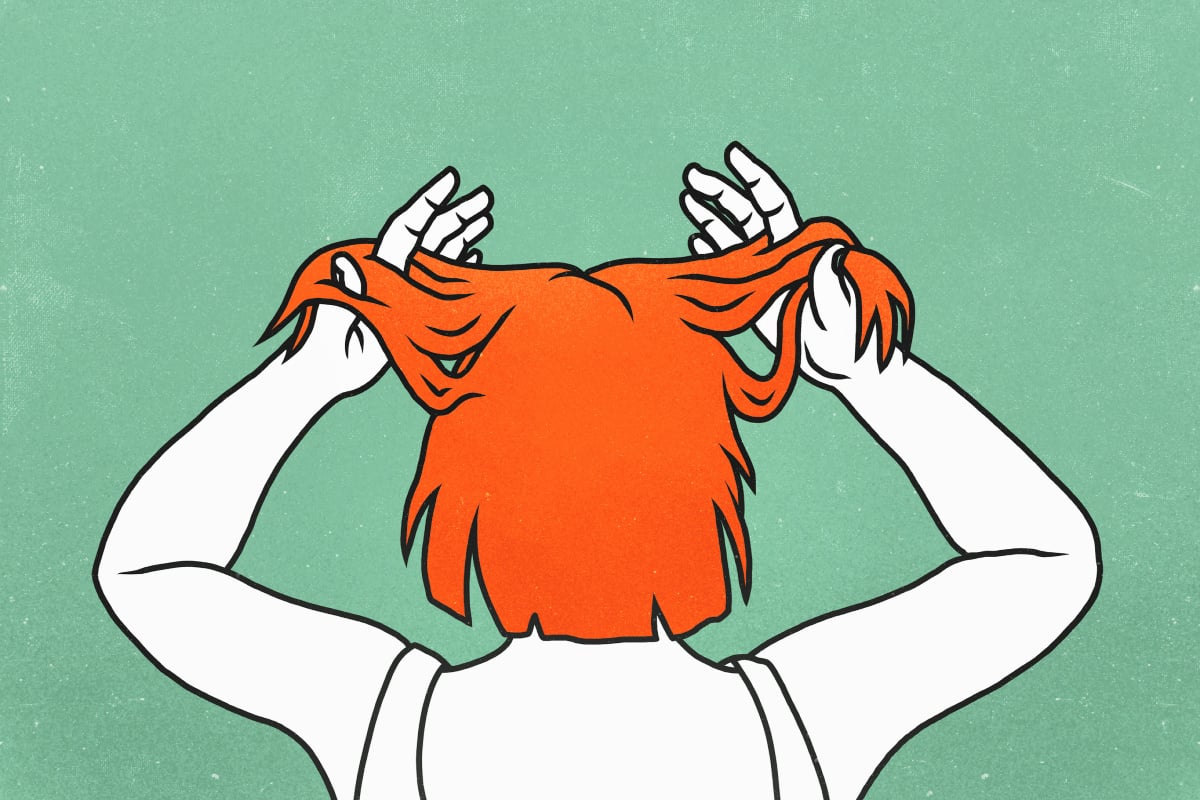
It’s news to precisely no one that being pregnant completely changes a woman’s body. After all, we’re only bring new life into the world.
But did you know those changes also extend to your hair?
Yep. Not only does growing a small human mess with your pelvic floor, sleep, gag reflex, food cravings, emotions, abdomen, skin, feet, breasts (you get the idea), but your hair, too.
It’s not all bad news when it comes to pregnancy hair changes. In fact, some pregnant women say their hair has never been better.
To get to the facts, we asked Specialist Integrative Medicine Trichologist Anthony Pearce from Anthony Pearce Trichology to explain exactly what happens to your hair during and after pregnancy, plus which hair changes are normal and which ones aren’t.
Psst: So, you're growing a human inside you. Listen to Hello Bump. Post continues after audio.
How does hair change during pregnancy?
1. Pregnancy hair growth.
According to Pearce, pregnant women can expect to have the very best hair of their lives thanks to their good friends, hormones.
“A woman’s oestrogen and progesterone levels are much higher during pregnancy to help support the growth and development of the unborn child and that affects the hair follicle cycle in a positive way. The hair growth phase (anagen phase) gets longer and the falling phase (telogen phase) gets shorter, which means thicker, fuller and better textured hair,” Pearce told Mamamia.
